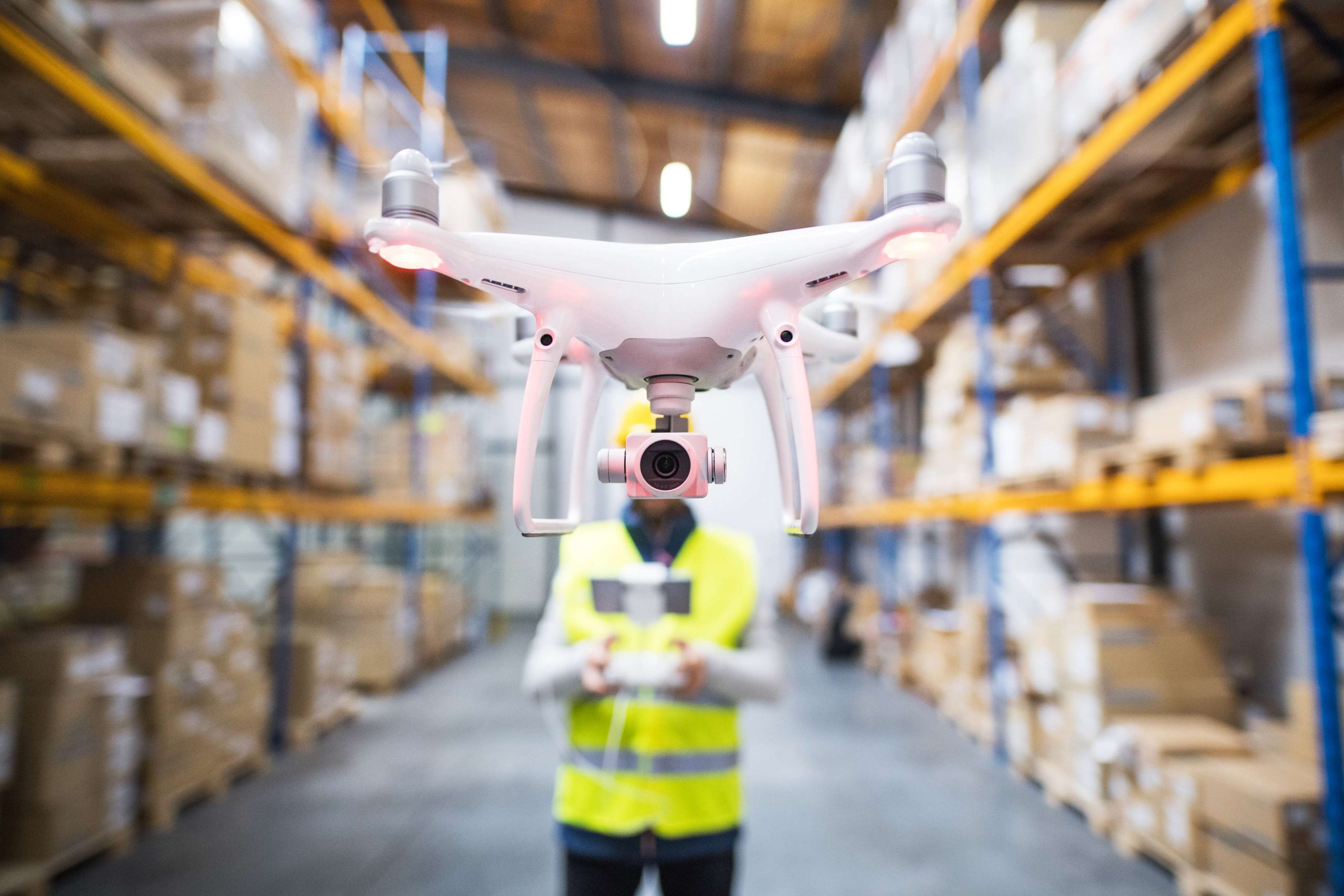No one likes to think about getting older or needing help, but planning ahead can make a big difference for you and your family. As you age, tasks like dressing, bathing, or moving around the house can become harder. However, it can become stressful for your adult children to manage their own lives while also […]
8 Ways new technologies can impact business insurance

8 Ways new technologies can impact business insurance
New technologies are revolutionizing the way we do business, and they are also having a significant impact on business insurance. From telematics and wearable devices to drones and the Internet of Things (IoT), these technologies are helping insurers assess risk and design more targeted insurance products. In this blog, we'll explore eight ways new technologies impact business insurance in the USA. Whether you're a business owner looking to protect your company or an insurance industry professional, this blog will undoubtedly provide valuable insights into the role of technology in business insurance. So read on to learn more!
- Cyber insurance:
As businesses increasingly rely on technology and the internet to operate, they are also becoming more vulnerable to cyber-attacks and data breaches. Cyber insurance covers industries against these risks, and businesses can use new technologies like artificial intelligence and machine learning to help identify and prevent cyber threats.
- Telematics:
Telematics is the use of tracking devices to monitor and collect data on the performance and behavior of vehicles. This technology is increasingly used in the insurance industry to track driving habits and assess risk. For example, an insurer might offer a discount to a business that installs telematics devices in its fleet vehicles, as they can help reduce the risk of accidents and other losses.
- Wearable technologies:
Wearable devices like fitness trackers and smartwatches can monitor employee health and safety. This data can help insurers assess risk and design more targeted insurance products. For example, an insurer might offer a discounted rate to a business that encourages its employees to use wearable devices to track their health and wellness.
- Drones:
Drones are increasingly used for various business purposes, including surveying land, inspecting buildings, and delivering goods. Drones can also pose risks to businesses, including injury or property damage. As a result, insurance companies are beginning to offer coverage specifically for drone-related risks. This can include coverage for physical damage to the drone itself and liability coverage for accidents or injuries that may occur as a result of drone use.
- The Internet of Things (IoT):
The Internet of Things (IoT) refers to a collection of interconnected devices and sensors that can gather and send data. Companies can use IoT devices in the insurance industry to monitor and track various risks, including fire, flood, and theft. For example, an insurer might offer discounted rates to a business that installs IoT devices to monitor its premises for potential risks.
- Artificial intelligence (AI):
Artificial intelligence (AI) is utilized in the insurance sector in various ways, including risk assessment, claims to handle, and customer service. Businesses can use AI to analyze data and identify patterns that may indicate an increased risk of loss, helping insurers design more targeted insurance products.
- Virtual reality (VR):
Virtual reality (VR) is used in the insurance industry to help train employees, assess risks, and design insurance products. For example, insurers might use VR simulations to train employees on safety procedures or assess natural disasters' potential impact on a particular property.
- Blockchain:
Blockchain technology is being used in the insurance industry to help improve transparency and reduce the risk of fraud. Insurers can track and verify transactions using a decentralized, secure database, making detecting and preventing fraudulent activity easier.
In conclusion, new technologies are significantly impacting business insurance in the USA. These technologies include telematics, wearable devices, drones, the Internet of Things (IoT), artificial intelligence (AI), virtual reality (VR), and blockchain. These technologies are helping insurers assess risk and design more targeted insurance products. Insurance companies can also use them to automate the claims process, streamline underwriting, and improve policyholder experiences. In addition, business owners can use these technologies to protect their companies against various risks, while insurance professionals can stay informed about the latest developments to serve their customers better. Overall, the application of new technologies in the business insurance industry has the potential to improve efficiency, lower costs, and enhance the customer experience.
Your Paycheck Powers Everything: How Do You Protect It?
From daily expenses like groceries and gas to bigger goals like a house or family vacations, your paycheck plays a huge part in your life. But what if an injury or illness stopped you from working? The sudden loss of income can create stress and worry. That’s where disability insurance comes in. It’s not just […]

